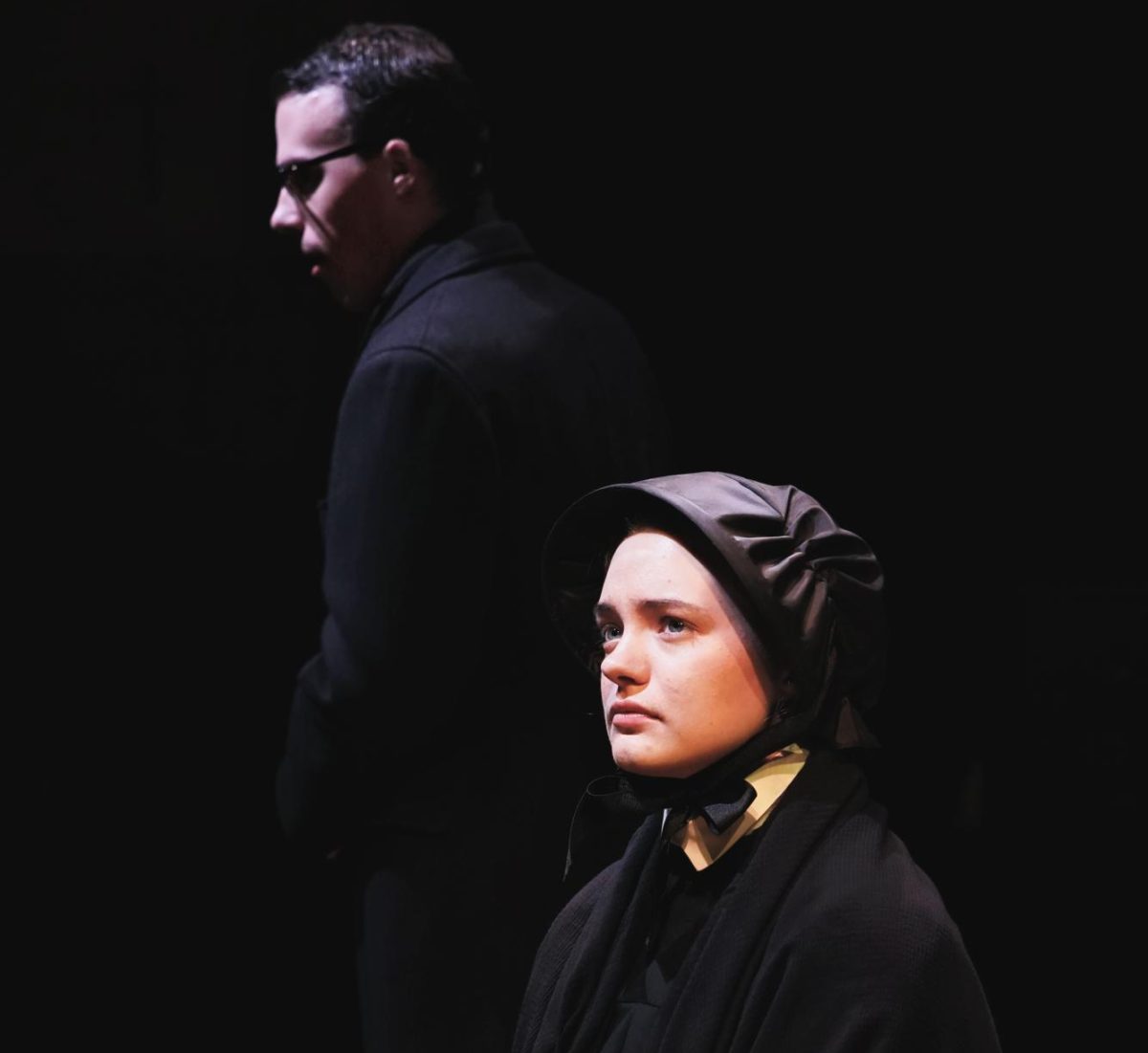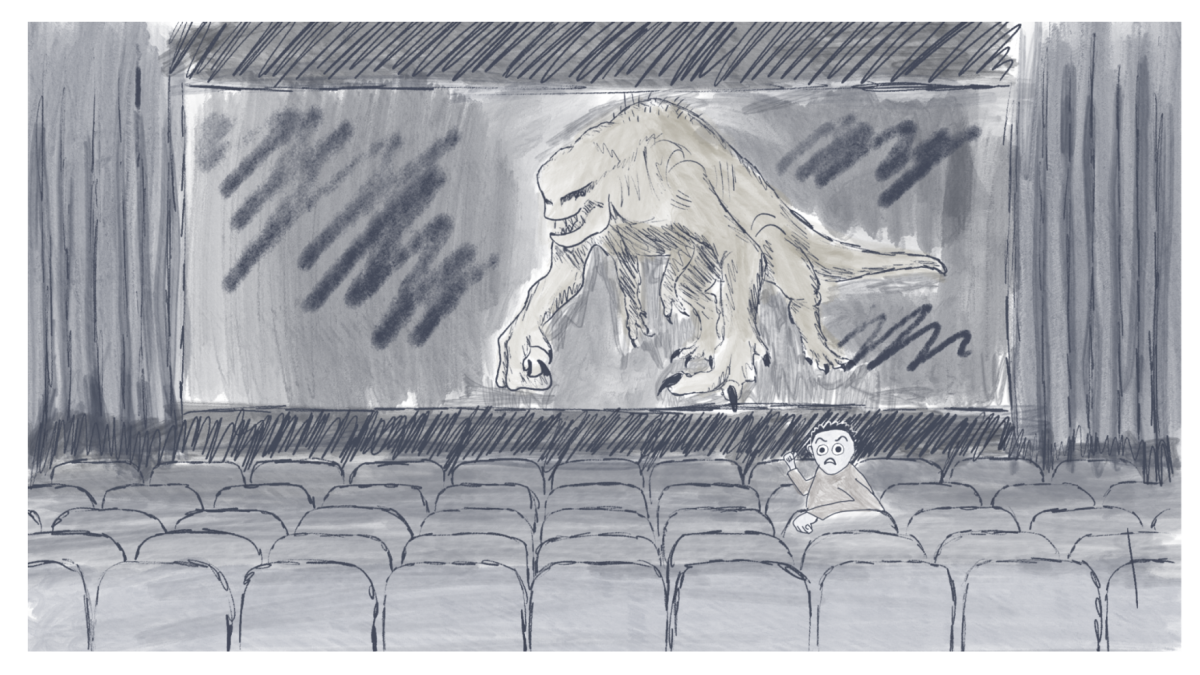“The Word became flesh and dwelt among us.”
This verse, taken from John 1:14, holds what St. Olaf Pastor Matthew Marohl calls “the key” to understanding the Lenten season here at St. Olaf.
“Jesus came into the world to go out of it,” Marohl said. “Life and death are interconnected. Lent is about recognizing that.”
The verse will be the focus of Marohl’s sermons during daily chapel services each Wednesday during Lent. Each week, he will dissect one word of the phrase and its connection to the Lenten themes of sin, repentance and forgiveness. This coming week, he will discuss the second major word: “became.”
The Lenten season began Wednesday, Feb. 13, with an evening Ash Wednesday service, traditionally one of the most well-attended services on campus.
A heightened sense of community is evident in other aspects of congregation life during Lent. Student Congregation Council SCC Co-Vice Presidents of Worship Aleece DeWald ’14 and Martin Raabe ’14 are in charge of organizing weekly Lenten Vesper services. This is a change from services hosted every other week during non-Lenten periods.
“They are very calming services that offer beautiful music, time of reflection and a quick break from studies,” DeWald said. The services, hosted each Wednesday at 9 p.m., use the Holden Evening Service of Prayer, taken from Holden Village in Washington.
“Music is blood at St. Olaf,” SCC President Drees said, “especially during the season of Lent.”
Daily chapel services on Fridays are traditionally music-based year round; during Lent the music is more introspective in nature and theme.
“It comes back to the present,” Marohl said. “Students are under a tremendous pressure to be perfect – grades, singing and career ambition – and don’t often encounter the reality of sin. When they do, then, they are often left lonely and sad. Life feels so unjust. Lent acknowledges this sin for us so that it doesn’t seem as disorienting when we encounter it in other aspects of life.”
Co-Vice-President of Life and Growth Johnna Purchase ’14 was one of the students in charge of putting together a small book of daily Lenten devotionals, available free outside Boe Chapel. She and other members of SCC carefully choose reflections for each day of the season, written by students, parents, faculty and alumni. These devotionals encourage students to spend time each day seeking internal reflection, delving into their sin and struggle and focusing on who they are in each moment of prayer.
The idea of living in the present and acknowledging personal struggle is also central to Marohl’s personal theology. “I’ve always had a theological leaning to not brush off struggle,” he said. “Lent has a present emphasis that says, ‘Think now about yourself.’ This can be overwhelming, but it is important to remember that today matters and that what you do with today matters.”
Some students use Lent as a time to focus on a fault, eradicating something unhealthy from their lifestyle. While Marohl does not intentionally give up any one particular thing during Lent, he recognizes the benefits it can have for students in leading to the season’s larger goals. “Giving up something should link to your understanding of sin,” he said. “If you’re doing it for the creation of wholeness internally, then you’re doing it right.”
Whether students give up cookies or time spent frivolously is not particularly important, according to DeWald. “Lent is a time to face the temptation so many of us have and call into question our faults and brokenness,” she said.
Because Easter weekend falls during students’ spring break, there will not be an Easter service held in Boe Chapel. So, Marhol has to focus on a broader message now, during the season of Lent, in order help students fully understand the beauty and complexity of Easter when they celebrate it in their home communities.
“The Word becomes flesh once again at Easter, but it is that much more meaningful because we can finally understand the struggles it encounters during Lent,
Marhol said. “By recognizing and dealing with personal sin, the redemption Jesus offers is a chance to be validated where we most desire to be validated: in struggle. Lent is a time to recognize the pain. Easter allows us to celebrate that our God is a God of grace.”





